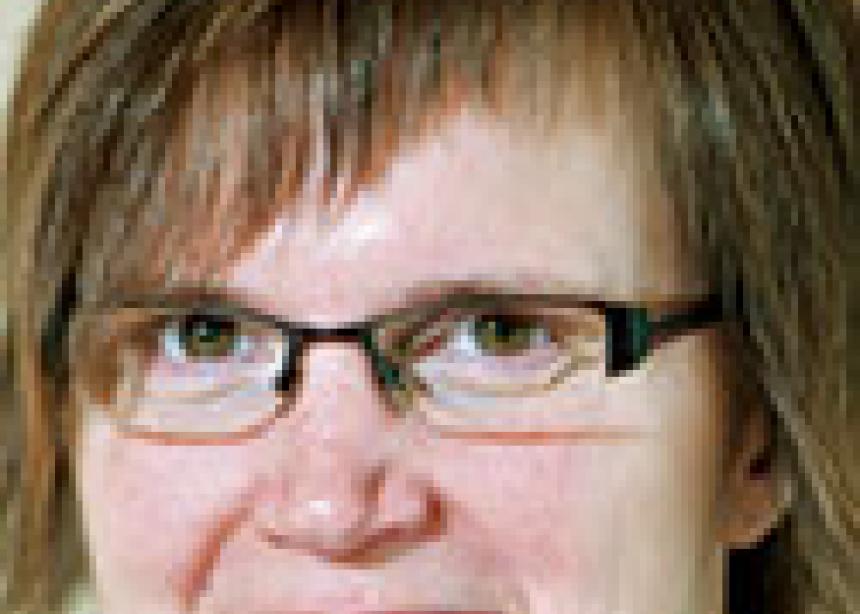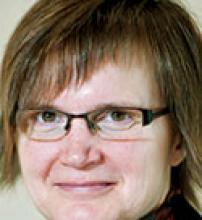What makes people happier: spending money on themselves or giving to others? It might surprise many of us to learn that research done by Elizabeth W. Dunn, a social psychologist at the University of British Columbia, shows that spending money on other people may have a more positive impact on happiness. Therefore, people who live generous lives may po-tentially live happier lives.
Increased happiness is just one of the potential benefits of making a generosity plan. Planning charitable giving can also have the benefits of reducing taxes and leaving a legacy for future generations. Gifts can either be made immediately or at the end of life. A good generosity plan seeks to strike a balance between family needs and charitable aspirations.
The most common planned gift—a bequest made in a will—is made out of a person’s accumulated estate assets. A bequest can result in generosity that might not be possible in a person’s lifetime. While a will can be an expression of love for family or friends, it can also be a testament to causes a person supported during a lifetime. In this way a will can become a satisfying final statement of values. For Jane, this means leaving a percentage of her estate to charity. Karn and Rheta, who have three children, have planned their wills as if charity were their “fourth child.”
Planning allows donors to look for ways to give beyond their current cash flow. For those who hold publicly traded securities outside of registered retirement plans, there are tax incentives available for giving these assets “in kind” to charities. This allows Ruth to transfer securities directly to her charity of choice, receive a receipt for tax purposes for the total value of the gift and avoid paying the tax on capital gains had she sold the securities.
Buying and donating a life insurance policy or naming a charity as the beneficiary of a current policy is another way to plan a gift. By giving a gift of life insurance, Lucille and Jian can anticipate leaving a more substantial gift for charity than would otherwise be possible.
Gift planning can be a group project honouring a significant person. An extended family or any like-minded group may pool resources to establish a fund that gives long-term support for a shared passion. By establishing the Anthony Jones Bursary for students at their university of choice, the extended Jones family can honour their family member, support the university and influence future generations of young people.
If you would like to explore your own plan to give, talk to a Mennonite Foundation of Canada consultant, your financial advisor or the development officer of the charity of your choice. You may be happier if you do!
Dori Zerbe Cornelsen is a stewardship consultant at the Winnipeg office of Mennonite Foundation of Canada. For stewardship education and estate and charitable gift planning, contact your nearest MFC office or visit www.MennoFoundation.ca.




Add new comment
Canadian Mennonite invites comments and encourages constructive discussion about our content. Actual full names (first and last) are required. Comments are moderated and may be edited. They will not appear online until approved and will be posted during business hours. Some comments may be reproduced in print.